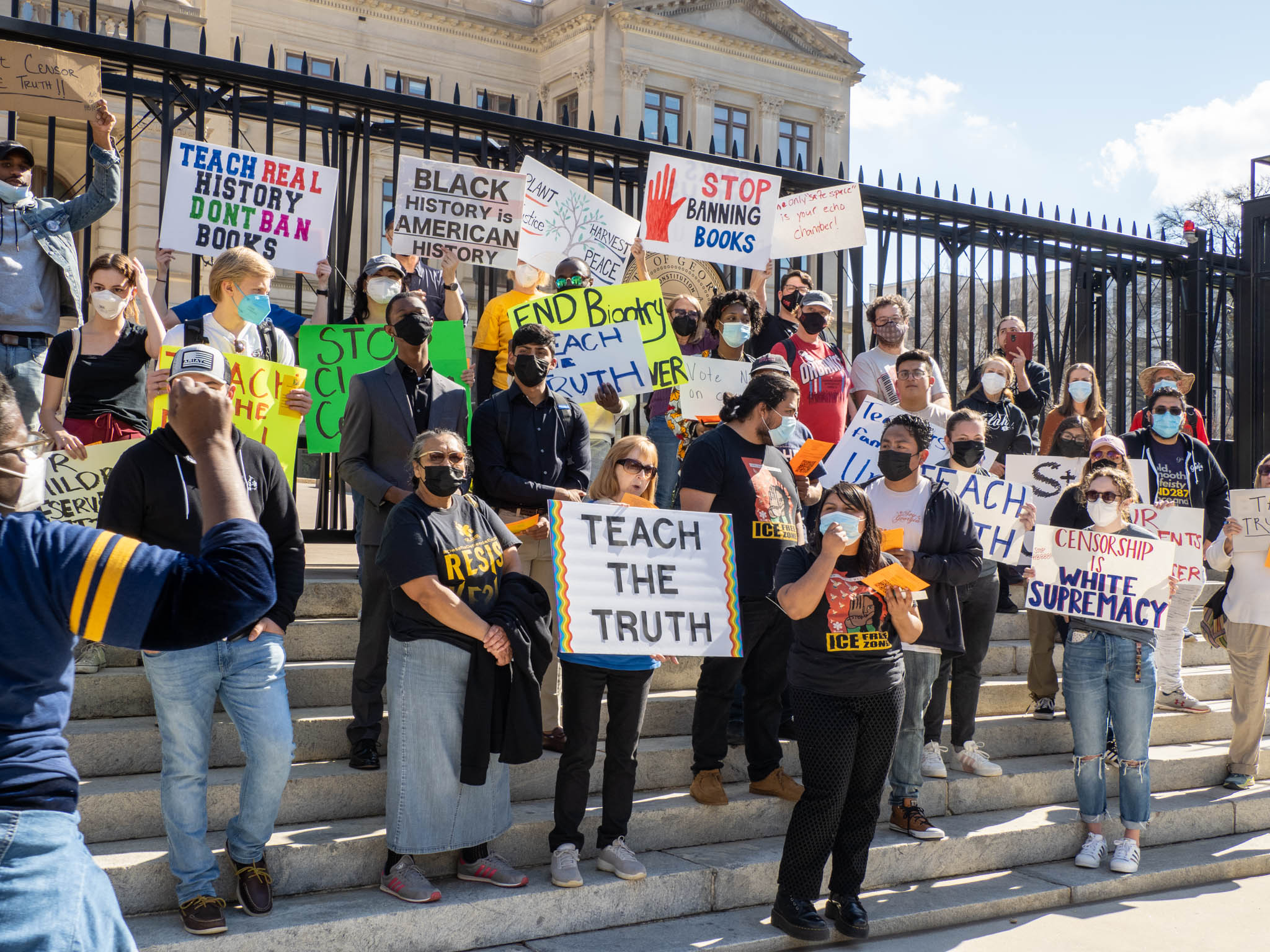4.2.2 Neoconservatism
Tyler Chamberlain
Neoconservatism is a distinct political movement that has its roots in a group of New York intellectuals who attended City College of New York in the 1930s and 1940s. Among them was Irving Kristol, who has been called the Godfather of Neoconservatism. Neoconservatism has been particularly influential in American politics, though Canadian conservatives have taken in some neoconservative influences as well. The ‘neoconservative persuasion’, as Kristol called it, was decidedly anti-communist. Moreover, the US-led victory over fascism in World War II gave neoconservatives a favourable impression of the moral role of American power in the world. These two distinct elements combined to create a distinct political outlook that was neither libertarian nor classically conservative. It shares libertarianism’s emphasis on free markets, privatization, and economic growth, but is much more comfortable with a strong state in other areas, including criminal justice, foreign affairs, and cultural issues.
Domestically, neoconservatism stresses the importance of law, order, and traditional cultural values. In practice, neoconservatives have acted on these values by supporting strong and active police forces, harsh criminal punishments, and government censorship of pornography and other materials that would threaten traditional values. Neoconservatives see education and public morality as proper concerns of the state, and neoconservatives believe that a healthy democratic culture can only be preserved if the state takes an active role in preserving it. These are clear similarities to classical conservatism’s emphasis on the preservation of social health.

Neoconservative foreign policy is worth discussing here, since this is the issue over which it has received the most criticism in recent decades. Three main points will clarify the neoconservative approach to foreign affairs. First, global politics is understood through the lens of friends and enemies. It is of utmost importance for neoconservative leaders to understand who their friends and enemies are. This may be a product of the Cold War environment in which neoconservatism took shape; the world at this time was sharply divided between rival blocs, each of which was seeking the destruction of the other. After the end of the Cold War, neoconservatives were behind the movement to frame radical Islam as a global threat, much in the same way as Soviet communism had been understood.
Second, neoconservatism is distrustful of international organizations and sees them as a possible bridge to tyrannical world government. This is especially the case when they attempt to constrain behavior that neoconservatives see as in the United States of America (thereafter: America)’s best interest .
Finally, since America was influential in bringing the Second World War to what they perceive as a moral conclusion, neoconservatives see a special role for America in the world. Because of this, they pay close attention to the internal politics of other states and prioritize the global promotion of democracy and political liberty. This is related to a broader theme in American politics known as American Exceptionalism, or the idea that America is set apart from other nations due to its unique emphases on democracy and political liberty.
Two comments can be made regarding neoconservative foreign policy. First, the 2003 invasion of Iraq, arguably the best-known event in the neoconservative foreign policy legacy, is a foreseeable consequence of these principles. It is easy to see how the distrust of international organizations and the goal of spreading American-style democracy could have increased support for the Iraq War. Second, the above themes point to the ideological nature of this outlook. Neoconservatism at its core is strongly anti-communist and believes in a universally valid set of political ideals that should be in place everywhere. It differs significantly from classical conservatism in this aspect.
Media Attributions
- Book Banning Protest © John Ramspott is licensed under a CC BY (Attribution) license

